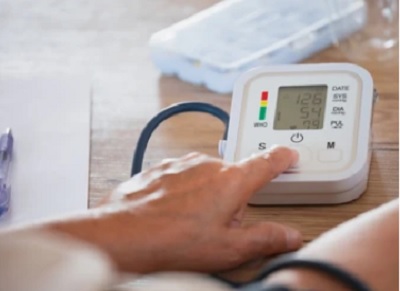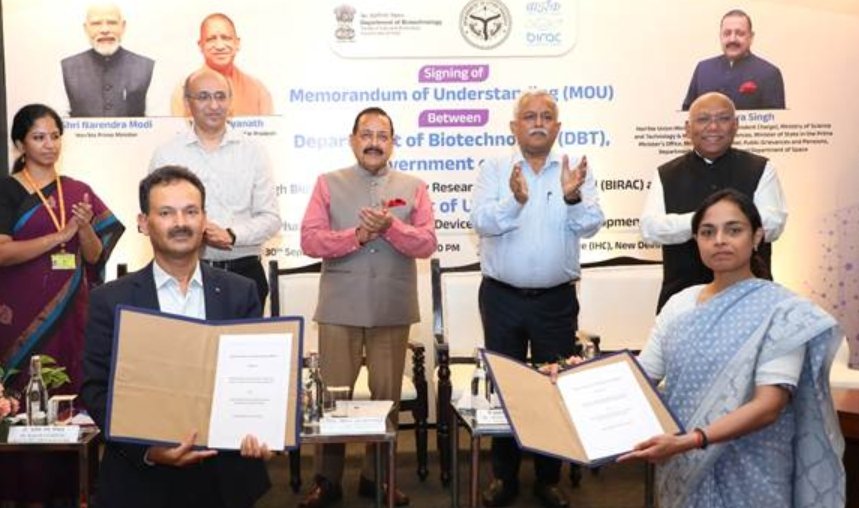TelCom study recommends new guidelines on blood pressure level in patients with hypertension
February 08, 2022 | Tuesday | News
Study conducted at Apollo Group of Hospitals, Hyderabad
Image Credit: Shutterstock
Telmisartan combination trial, an investigator-initiated research study, also known as the TelCom Study was recently conducted at the Apollo Group of Hospitals, Hyderabad, under the leadership of Prof Dr C Venkata S Ram, supported by a team of cardiologists.
The objectives of the study were to utilise combination anti-hypertensive drug therapy to achieve the new guidelines recommended target blood pressure level of =<130/80 mm Hg in patients with hypertension. The new normal blood pressure level of<130/80 mm Hg is evidence-based from many studies.
TelCom is the first clinical study to apply the new guidelines into practice. The study evaluated the effects of combining Telmisartan and angiotensin-receptor-blocker (ARB)-- with a calcium channel blocker (CCB), either Amlodipine or Cilnidipine, in patients with hypertension. The study group included 94 patients who received either Telmisartan + Amlodipine or Telmisartan + Cilnidipine at standard recommended doses. The patients were followed for eight weeks on treatment.
The results showed that the combination of Telmisartan with Amlodipine or Cilnidipine effectively lowered the blood pressure to target levels. Both outpatient clinic and 24 hr. blood pressure levels were reduced by the treatment.
The treatments also lowered central aortic blood pressure levels, which is a unique feature of the study. Blood pressure was recorded with automated devices per the new guidelines, another unique feature of the study. 24 hour ambulatory blood pressure was measured with a state-of-the-art cuffless method, yet another unique feature of the study.
The study has been published online in the American Journal of Cardiology, places India on the global stage for high calibre clinical research with important implications for the prevention of cardiovascular disease in the community.










